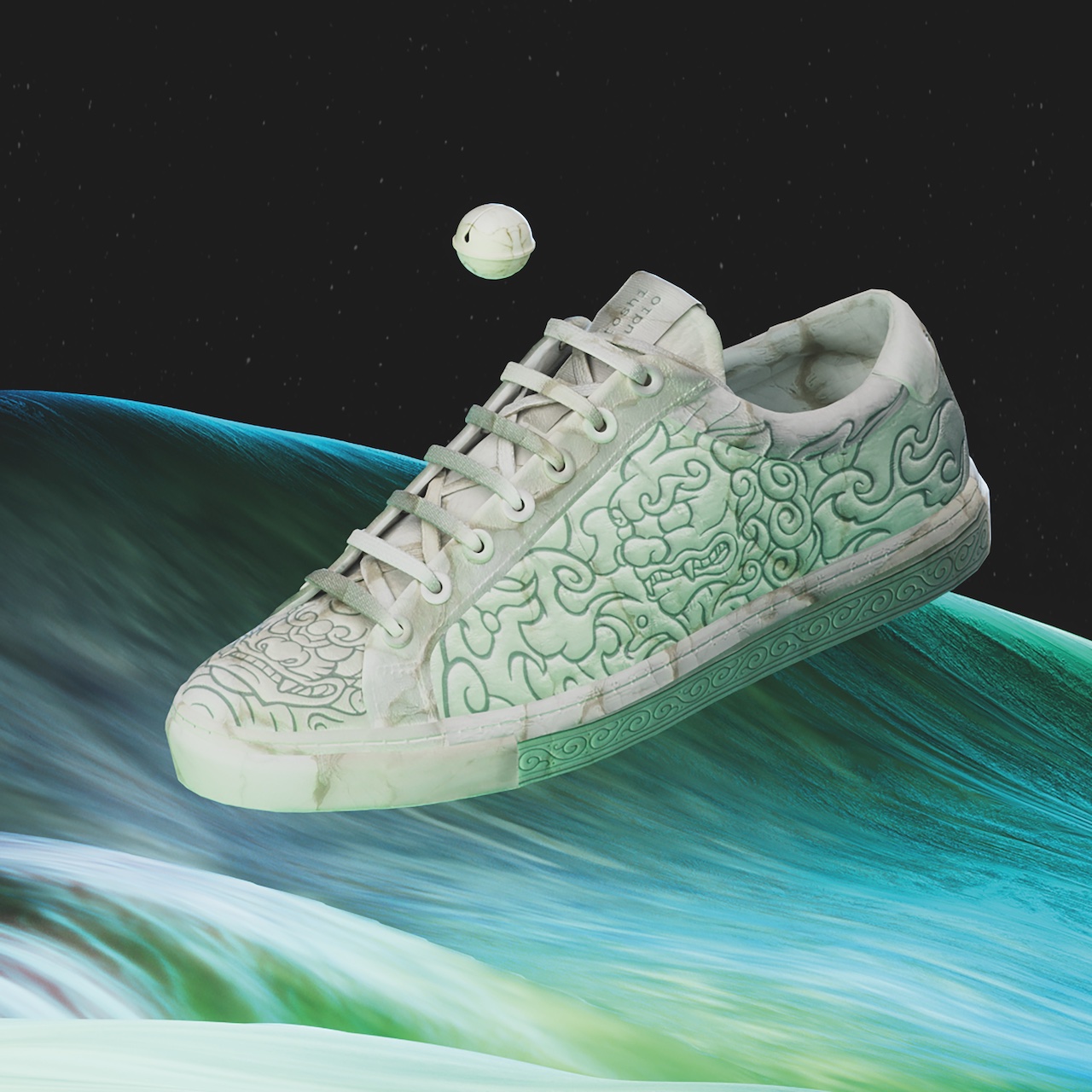

NFTs. ETH. WTF? If you don’t know where to begin when it comes to the seemingly endless and non-tangible (or is that nonfungible?) topic of the metaverse and its associated tokens, welcome to your crash course. It couldn’t come a moment too soon: Brands such as Gucci and Balenciaga have already made their metaverse debut over this past year, and with more on the horizon, this new wave of digital fashion isn’t going anywhere.
Karinna Nobbs, co-founder of The Dematerialised—a British-based company working to diversify the models of production, consumption, and ownership in the traditional fashion world and the digital space—helped explain this brave new world in an interview with Grazia Gazette: Los Angeles.
GG: What are some of the brands you work with?
KN: Three main types: digital-first brands (i.e. RTFKT, The Fabricant, Tribute Brand, Institute of Digital Fashion, etc.), established physical brands (i.e. Rebecca Minkoff, Karl Lagerfeld), and emerging brands with a purpose (i.e Ebit).
GG: Do you think the pandemic had any effect on how people went about shopping culture, and do you think that has anything to do with the uptick in metaverse-based interest?
KN: Brands were forced to invest in digital tools during the pandemic in order to stay relevant and to be able to sell B2B and B2C, and this definitely opened consumers’, creators’, and the media’s eyes to alternative ways to discover and experience fashion. Many loved this approach and the democratization of this movement as it allowed more access and more of a level playing field for brands. On the flip side, there was also a backlash to this cyber aesthetic and to experiencing everything via a screen, and people reported craving physical touch of people and garments when shopping.
GG: How has the metaverse helped in shaping the contemporary retail shopping industry so far?
KN: It’s too early to say, as we are only at the very beginning of understanding and experiencing what the metaverse can offer. So far, we have seen luxury brands experiment with virtual store spaces to drive dwell time online and ecommerce sales, some which are direct representations of actual flagship stores and some which are more fantastical (i.e. Valentino, Gucci).
GG: What are some of the pros of the metaverse-based retail space?
KN: The most exciting one is that creativity in terms of design is limitless. You can literally build the store of your dreams. The second advantage is that in principle, accessing it should be easy and by anybody. Lastly, as hinted at earlier, if you are an independent designer who is just starting out you will be able to create a metaverse-based retail space relatively easier and cheaper than you could IRL, and so this is how Web3 opens up new opportunities for many who before would not be able to progress further.













